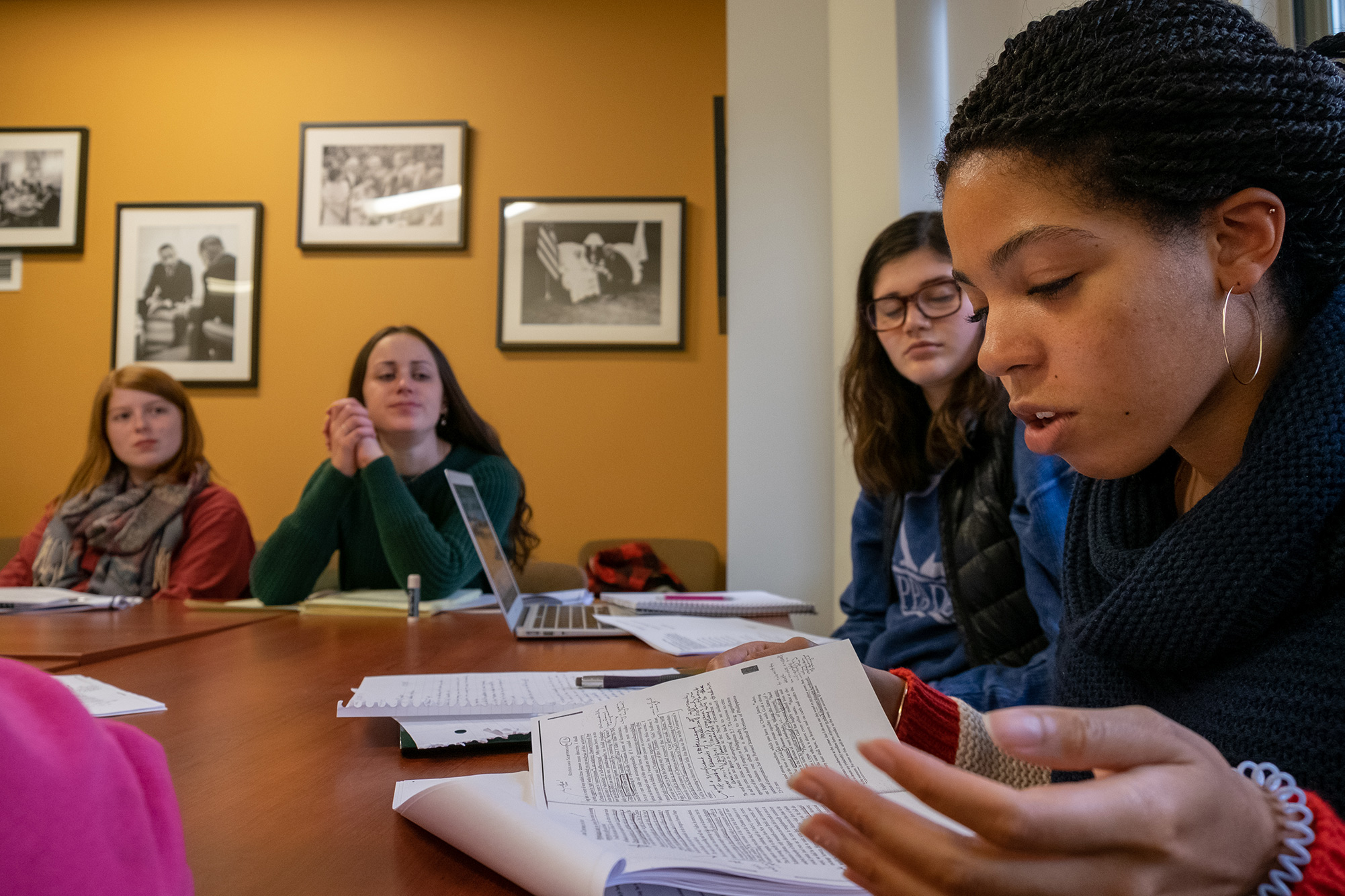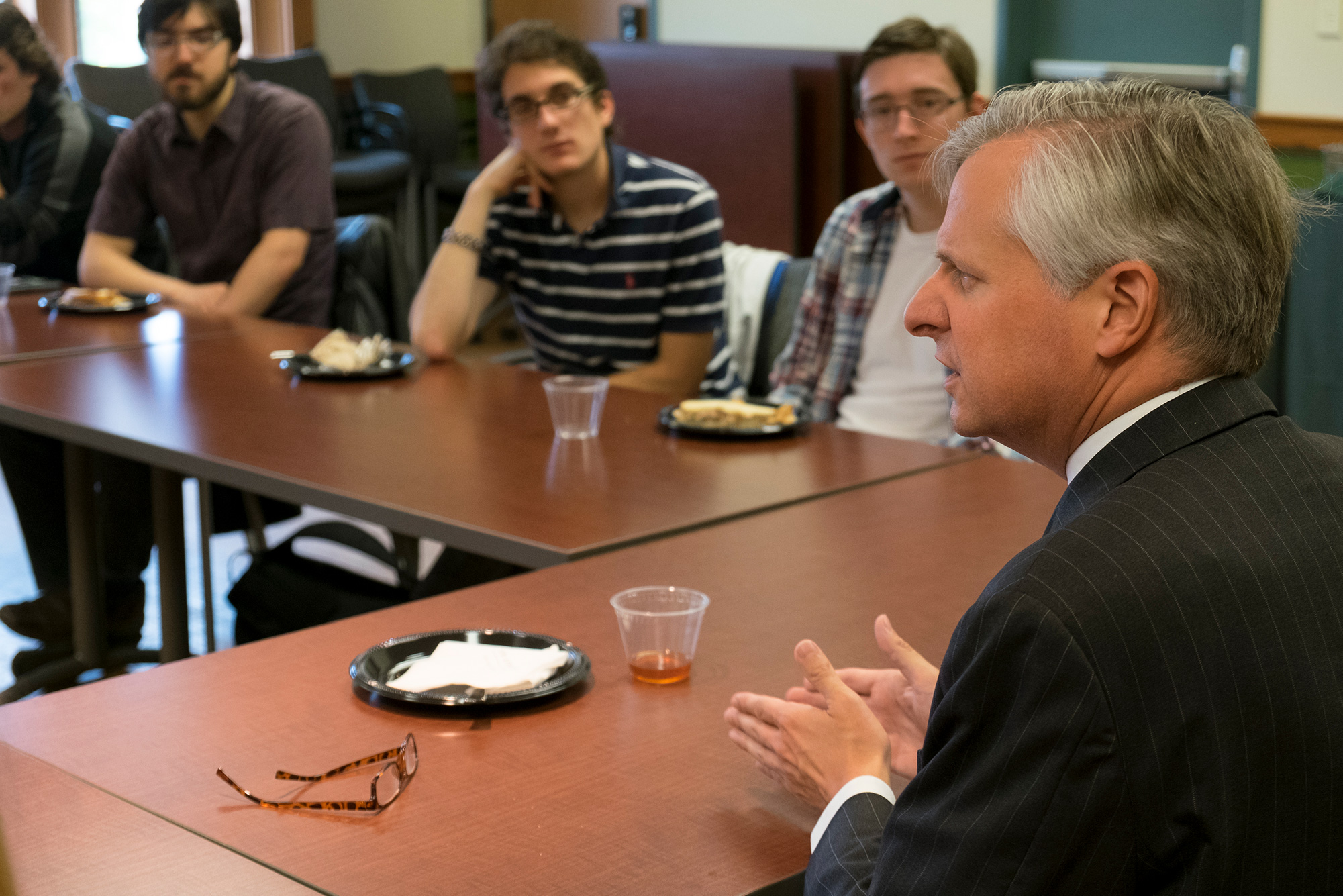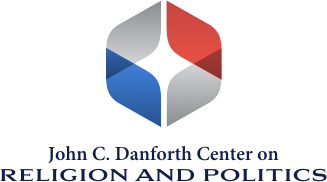In the Classroom
We offer a broad and diverse undergraduate curriculum focusing on the intertwined relationship between religion and politics across U.S. history, from the colonial era to the present. We also support early career scholars with fellowships that offer teaching and research opportunities at the Center.

Undergraduate Minor
The religion and politics minor provides an opportunity for sustained exploration of the ways in which religion and politics have intersected in American culture, in both historical and contemporary terms.

As part of the minor in religion and politics program, students may examine any number of issues, including church-state relations, religion’s role in shaping gender and sexuality debates, religion and electoral politics, public conflicts over the nexus of religion and science, and religion’s entwining with reform movements (from abolition to environmentalism).
The Center’s interdisciplinary minor attracts students from many disciplines, including natural sciences, social sciences, and humanities; whether pre-med, pre-law, or pursuing futures in education, business, or the arts, they report their studies are enriched by our curriculum. You may declare your Religion and Politics minor by logging into WebSTAC and following the instructions, and then meeting with the Center’s Director of Undergraduate Studies (a rotating role), who will serve as the students’ minor advisor. In 2021-2022, this is Professor Leigh Eric Schmidt, who can be reached at leigh.e.schmidt@wustl.edu.

Minors are invited to the Center’s colloquium series and to special engagements with guests and visiting scholars throughout the academic year.
Requirements
15 units of coursework, including:
- L57 RelPol 201: Religion and American Society (3 units) OR
L57 RelPol 210: The Good Life between Religion and Politics (3 units) OR
L57 RelPol 225: Religion and Politics in American History OR
I60 BB 120: Religious Freedom in America (Note this is a course in the selective Beyond Boundaries Program.)
The above course should be completed prior to the second semester of the junior year.
- 12 additional units, nine of which must be 300 or 400 level, and nine of which, at any level, must be taught by Center faculty.
- Attendance at five events sponsored by the Center on Religion and Politics (lectures, colloquia, lunch discussions, film screenings). You must inform the Director of Undergraduate Studies of the event you attended so this can be recorded for your record.


